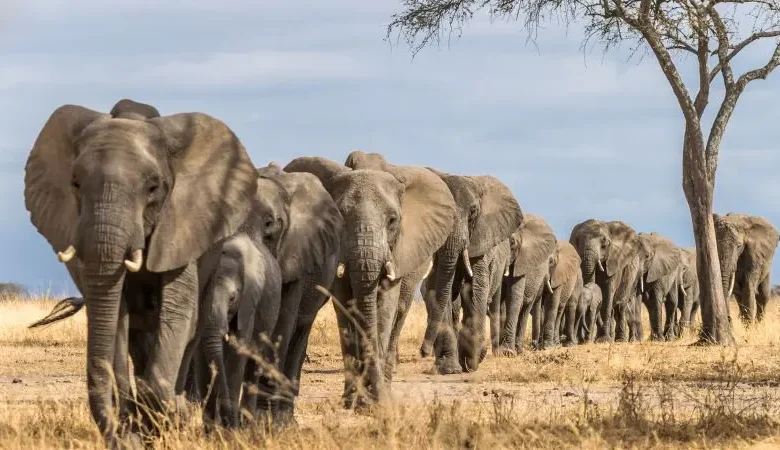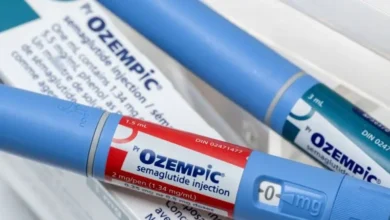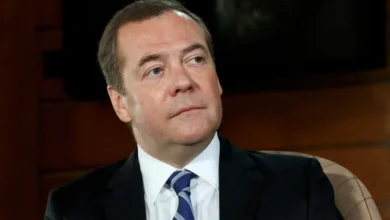Ivory trade in Nigeria puts Elephants in extinction risk

Since the Convention on International Trade in Endangered Species implemented a ban on the ivory trade in 1989, it’s disheartening to know that numerous elephants are still falling victim to poaching each year. A recent UN report revealed that Nigeria has emerged as a critical hub for this illicit trade, further exacerbating the endangered status of Elephants.
The Nigerian National Environmental Standards and Enforcement Agency has outlined the alarming situation as they disclosed disposing of 2.5 tons of confiscated elephant tusks. This effort is part of Nigeria’s ongoing attempt to protect Elephants from the relentless activities of wildlife traders.
Taking a formidable stance against the illegal ivory trade, Nigeria accomplished a significant milestone by organizing its first operation to destroy multiple tons of ivory extracted from elephant tusks. The total value of these 16 tusks is estimated to be over 9.9 billion naira (Around $11.2 million).

Iziak Salako, the country’s Minister of State for Environmental Affairs, proudly revealed that these confiscated tusks were crushed, and the resulting powder was utilized in constructing a monument within the national park.
Witnessing a devastating decline in their numbers over the past three decades, due to relentless poaching for ivory, the elephant population in Nigeria has drastically dwindled from approximately 1500 to less than 400. This alarming statistic underscores the urgent need for stringent measures to combat the illegal wildlife trade.

Recognizing this pressing issue, Nigeria has redoubled its efforts to combat smuggling. In recent years, they have worked closely with foreign authorities and international organizations in a collaborative attempt to curb this illicit trade. Their commitment to addressing the crisis was exemplified in August 2021, when they achieved the largest seizure of illegal wildlife products to date.
While the battle to protect elephants from the clutches of poachers remains a challenging one, Nigeria’s determination and proactive measures offer a flicker of hope. Hopefully, the future where the ivory trade ends once and for all is close, ensuring a brighter future for elephants and our fragile natural world.









